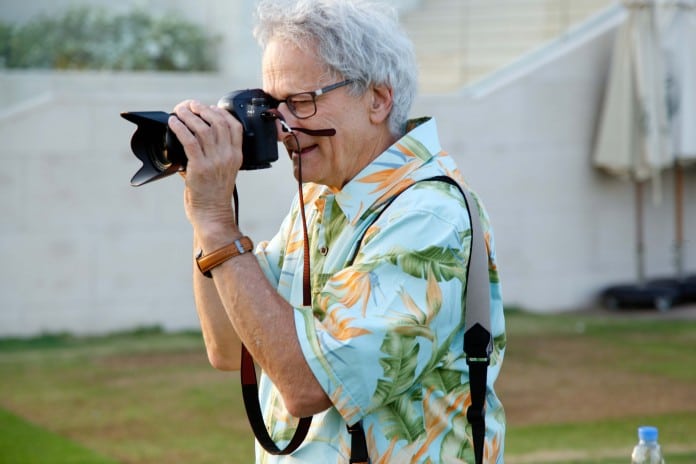
Many of the working expats in UAE are facing poverty, or at least an unsatisfactory quality of living when they get retired, according to a new survey. Most of the residents in the country feel that low income, combined with ever increasing cost of living, won’t let them save for retirement.
A global poll conducted by Ipsos MORI in August and September last year for HSBC revealed that saving for retirement isn’t one of the main priorities for working age people in the UAE. 87% of them say saving isn’t a major priority because saving for unjustly expensive kids’ education (28%), paying off “cheap” loans (14%) and saving towards a deposit to buy a new home (10%) are the issues at hand. The “Future of Retirement 2015” report, which was recently released, also shows that 71% of pre-retirees (people aged 45-54) and 78% of the younger generation (aged 25-44) are concerned about having enough finances to live comfortably. Strangely, the young are more aware of the uncertainty that awaits UAE resident in their retirement years.
There are also people (8%) who believe they will never be able to retire as the cost of living in the country is increasing and their salaries just can’t keep up. And 27% of the residents believe they cannot afford to retire. There are two major reasons why workers can’t start prepare adequately for retirement – their pressing repayments for either debt or mortgage. Of the pre-retirees who don’t save, 55% admit they didn’t start saving early enough and that now it’s just too late for them. 46% of the people in this age group don’t currently save for retirement or don’t even intend to start doing so.
Lack of knowledge and interest in saving plans is also common among expat workers in the UAE. Only one in five of pre-retirees think that saving for retirement should start by the age of 30. And for people with income of AED 50,000 or more, saving plans are almost irrelevant under 30 – only 13% of them believe they should start saving early in their careers.
The report concludes that on average, retirees in the UAE will be covered for about 12 years after stopping work at 60. The average life expectancy in the country is 76 years, so for about 4 years, they won’t have any income, including retirement savings and investments. According to the researchers, women in the UAE are even less likely to save for retirement than men.

























![The Square at Nad Al Sheba Gardens Now Open hope tax season treated you well! Just checking in—ready to refocus on growing your business? I remember how we discussed scaling your [specific aspect of their business, e.g., online presence] but paused due to time constraints. We now offer a streamlined 6-month plan that delivers real results without adding to your workload. Let me know if you'd like to chat—I’d love to help you pick up where we left off!](https://www.dubaichronicle.com/wp-content/uploads/2024/11/The-Square-5-218x150.jpg)






